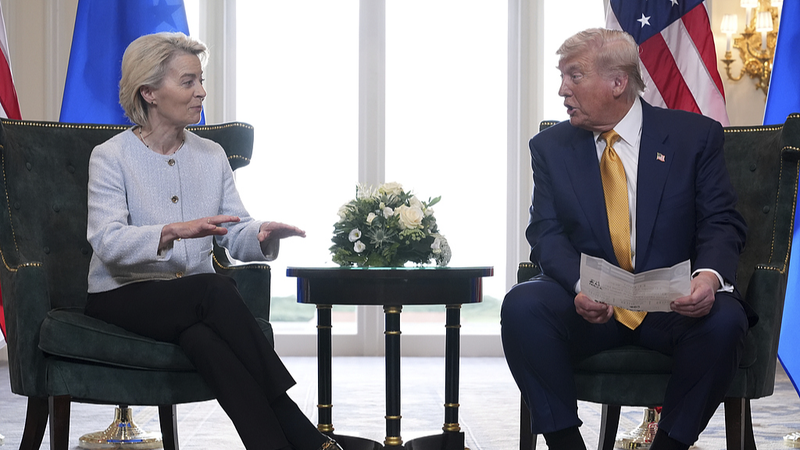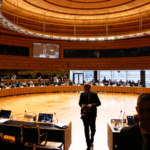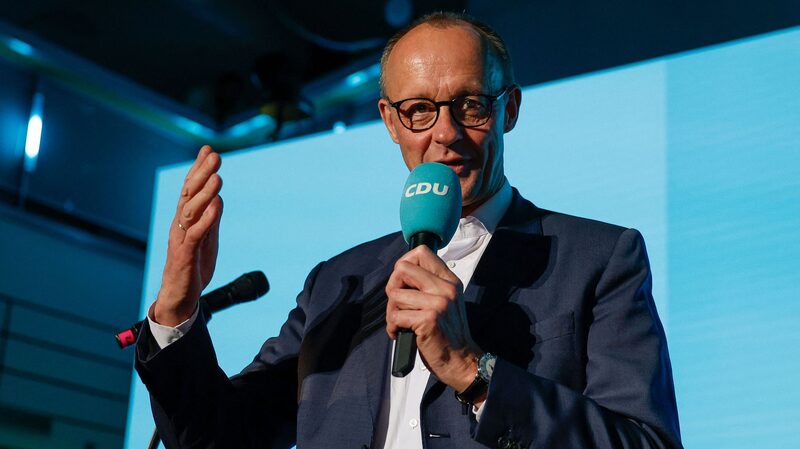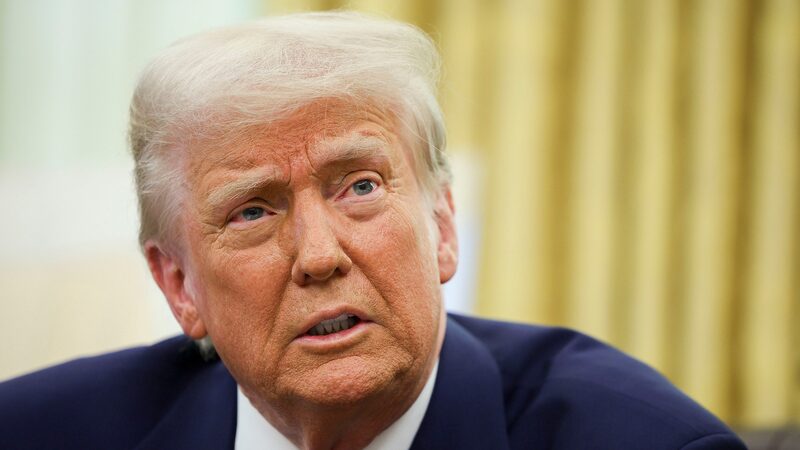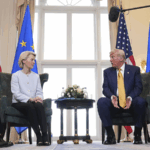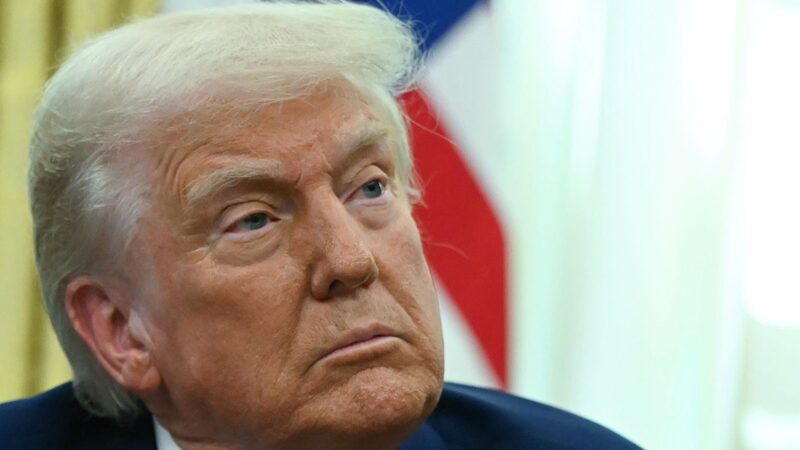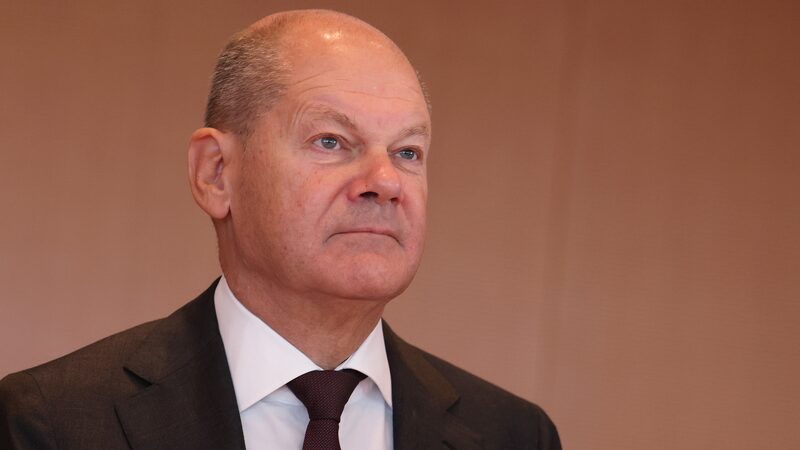Averting Crisis or Economic Setback?
The newly announced U.S.-EU trade agreement has drawn sharply divided reactions, with European leaders split over whether the deal represents a pragmatic compromise or a costly concession. The framework, unveiled Sunday, imposes 15% U.S. tariffs on most EU goods starting next month—half the initially threatened rate but far above current levels.
Winners and Critics Emerge
German Chancellor Friedrich Merz praised the agreement for preventing "a trade conflict that would have hit the export-oriented German economy hard." EU Trade Commissioner Maros Sefcovic called it the "best deal under difficult circumstances," noting the alternative 30% tariffs would have been catastrophic.
However, French Prime Minister Francois Bayrou condemned the pact as a "dark day for Europe," while Hungarian Prime Minister Viktor Orban claimed Donald Trump had "ate Ursula von der Leyen for breakfast" in negotiations. Portuguese business leaders warned the tariffs—up from 2.5%—could still harm exporters despite financial relief measures.
Unresolved Details Loom
With critical elements like steel sector terms still undefined, EU officials aim to finalize details by August 1. The deal includes $750 billion in EU commitments to purchase U.S. energy exports like LNG, though analysts question whether production can meet Europe's demands. As negotiations continue, the agreement's long-term impact on transatlantic trade remains uncertain.
Reference(s):
cgtn.com
